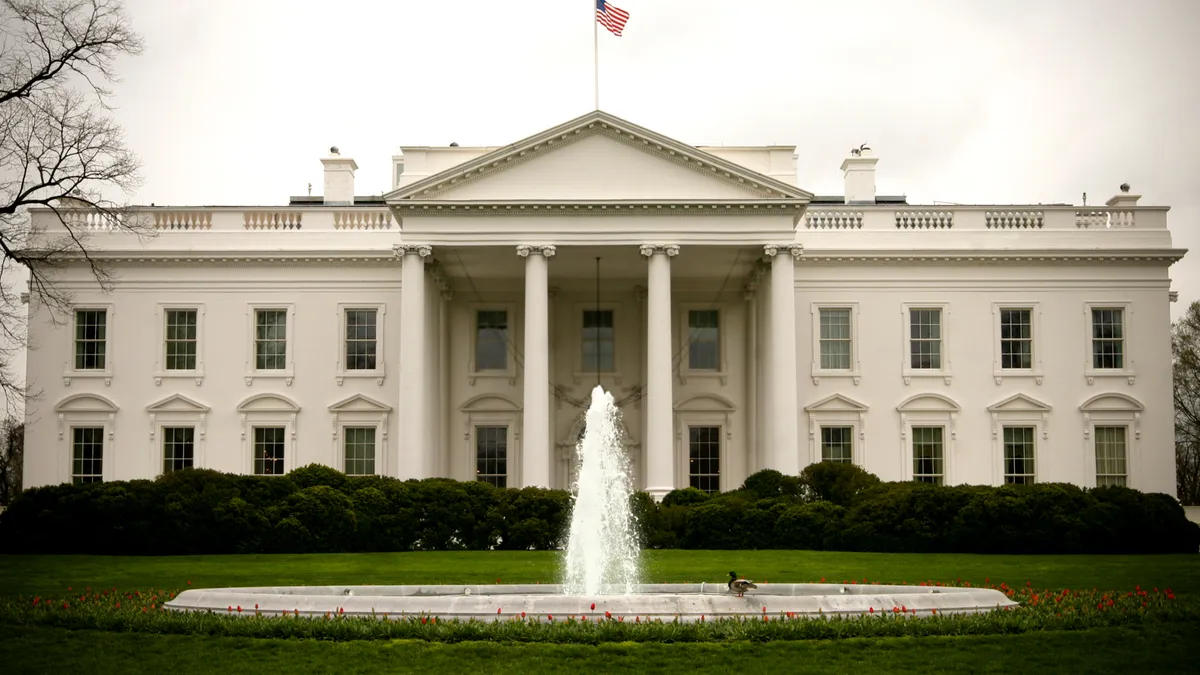The White House wants to examine the use of automated tools that track and manage workers, according to a May 1 statement, joining other federal agencies in scrutinizing the use of AI at work.
The White House Office of Science and Technology Policy said it will request information from the public regarding how such tools are used to “surveil, monitor, evaluate and manage” workers.
Examples of such technologies brought up in the announcement included RFID badges that track nurses’ proximity and location; speed and location monitors for delivery drivers; keystrokes and mouse activity trackers for office workers; and scanners that track work pace for warehouse workers, among others.
Concerns regarding worker health and safety are at the center of the announcement.
“The constant tracking of performance can push workers to move too fast on the job, posing risks to their safety and mental health,” the announcement reads. “Monitoring conversations can deter workers from exercising their rights to organize and collectively bargain with their employers. And, when paired with employer decisions about pay, discipline, and promotion, automated surveillance can lead to workers being treated differently or discriminated against.”
The RFI aims to gather workers’ firsthand experiences with those technologies, details on how employers use the technology and best practices for mitigating risks, among other goals.
Recent statements from the White House and other federal agencies, including the U.S. Equal Employment Opportunity Commission, Consumer Financial Protection Bureau, Department of Justice and the Federal Trade Commission, have indicated a “united federal intent” to address AI use, experts told HR Dive.
For example, in 2022, EEOC and DOJ issued a technical assistance document explaining how AI-assisted tools could violate federal law, and Jennifer Abruzzo, general counsel of the National Labor Relations Board, released a memo discussing the impact of AI on workers’ rights.
In response, sources said, employers may need to ensure they are in direct communication with tech vendors to ensure adoption of AI is inclusive and thoughtful.














